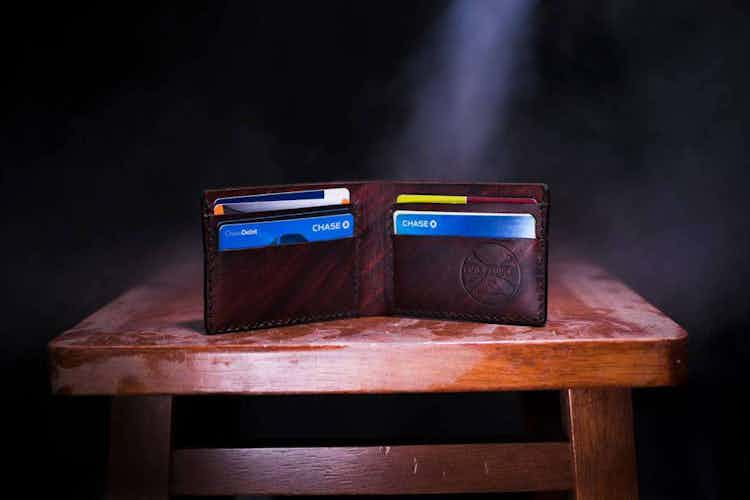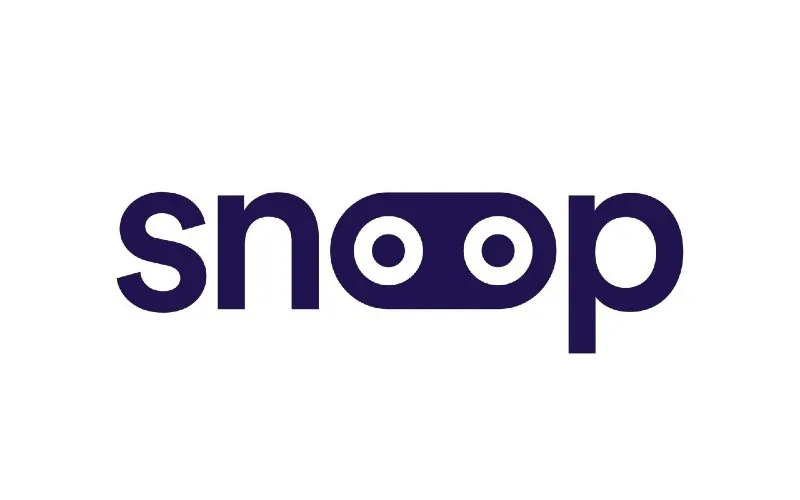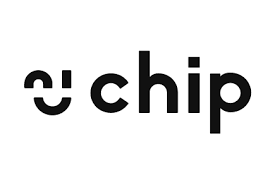When you’ve been buying on the never-never, what happens when you go off to forever ever? Most people will leave behind some kind of debt when they die, and it generally has to get paid.
With most people owing money to someplace when they pop off, there are clear rules and procedures that need to be followed. Whether you’re trying to plan your estate for when you go or have been named an executor in a will, you’ll have some questions.
We’re going to answer the common ponderances for you, covering:
- Who deals with debts when you die?
- How are debts settled if no money is left?
- What happens to joint debts when someone dies?
- Does interest accrue on a dead person’s debts?
- Do you have to sell everything when someone’s dead?
Who is responsible for dealing with a dead person’s debts?
Dying doesn’t absolve you of your debts. Well, technically, if you’re the deceased person, you won’t be paying anymore! But your estate will.
Your estate is the total of everything that you own, including things like your:
- House
- Car
- Jewellery
- Cash and savings
- Stocks and shares
- Antiques
Along with anything else of value like a coaster collection or a wardrobe full of designer shoes. Any outstanding debt when you die needs to be paid off using the value of some or all of what you leave behind.
The people who sort this out are executors of your will, if you leave one, or if you've not got a will, a friend or family member can apply to deal with your paperwork. They're going to have to find who you owe and settle up, but not from their own pocket.
The executor or administrator needs to find all the people you owe money too. It’ll be beneficial to keep your finances in order and let important people know where to find everything in case your time comes unexpectedly. They can also put an ad in the local paper to find any unknown debts as well.
What if there’s not enough money to settle debts from an estate?
Having debts that are worth more than your assets when you die means you leave an “insolvent estate”. This means that not everyone can get paid and there won’t be any inheritance left for your heirs.
There’s a set order that debts have to be settled in:
- Secured borrowing that’s not jointly held or guaranteed.
- Funeral costs.
- Expenses incurred administering the estate.
- Preferential creditors like HMRC.
- Unsecured debts like sole account personal loans or credit cards.
- Debts owed to people such as loans to family.
When the money runs out, the estate is settled, and other debts will need to be written off.
Who pays off jointly held debts when one person dies?
Joint debts are equally owned by everyone who signed for them – known as “jointly and severally liable” in legal-speak. This means that if one signatory on the loan dies, everyone else still has to pay back the remaining balance.
In terms of guaranteed loans, the situation is the same. When someone guarantees borrowing for you, they have to pay it back.
For a jointly held mortgage, the debt will still need to be paid. The person left behind would need to apply for a new mortgage in their sole name. If that’s not possible, the house will likely need to be sold to pay back the lender.
Having a life insurance policy can negate a lot of these worries. Taking out a policy that will cover all of your joint debts when you die will make life a lot easier for the folk you leave behind.
Will there be interest accrued on my debts when I die?
Usually, interest will be frozen by banks and credit card companies when someone tells them you’re dead. They’ll want to see the death certificate and talk to the executor about the potential for getting the money owed paid back.
Lots of organisations will freeze the interest on a dead person’s lending. A grace period on mortgage interest is also a possibility whilst the estate is being sorted out.
It can take a while to get probate granted and then sell a house, and it’s not unusual for interest to build during this time. Cash in the estate or the sale of other assets can be used to keep up with payments. Depending on the mortgage lender, they may allow payments to be deferred until the property is sold – it’s definitely worth asking about.
Where does the money come from the pay back a dead person’s debts?
Money needs to come from somewhere to pay back what’s owed when you’re dead. There are three sources of cash to clear off money owed by an estate.
Insurance policies and pensions
You can take out different insurances that can pay out a lump sum when you die. These policies can be tied to a specific debt and match the term of the loan, or be a standalone policy. Some pension plans will also pay out a lump sum when you die.
The money goes to a person you nominate rather than into your estate, usually. They can use it to clear off the debts in your name and preserve what’s left in your estate.
Cash and liquid assets
A tidy sum of cash or shares squirrelled away can be used to pay your debts. Even items as simple as your last phone and electricity bill will need to be settled by your estate. Once probate is granted, your executors can start paying out.
Other valuables and your house
Without enough cash to pay back what’s owed, things need to be sold. What to sell and when will be up to the executors, and this could override your will. If you want to leave your jewellery to your kids but it’s the only assets to pay back your credit card bill then it has to be sold, for example.
Conclusion
It’s a common myth that your debts die with you. Whatever you leave behind has to be handed out to those you owed in your final hours before anyone else gets a look in.
The people who have to deal with your estate need to find who you owe money to and get it settled. Jointly held debts still need to be paid by the person left behind. Having enough insurance to cover what you owe will take away a lot of stress at a tough time.








